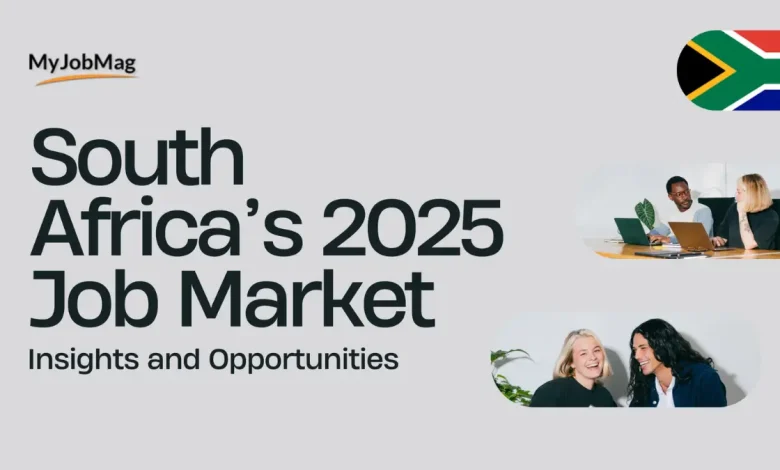Future Trends in the Johannesburg Job Market: What to Expect

Johannesburg’s job market is evolving rapidly as we move further into 2025. Driven by technological innovation, economic shifts, and changing work preferences, the city is poised to offer new opportunities and challenges for job seekers and employers alike. This article explores the key trends shaping Johannesburg’s employment landscape and offers insights on how to navigate this dynamic market.

Revival of the Tech Sector and Digital Transformation
One of the most significant trends in Johannesburg’s job market is the resurgence of the tech sector. Roles in software development, artificial intelligence (AI), cybersecurity, and data analytics are in high demand. Companies across industries are investing heavily in digital transformation, creating a surge in tech-related job openings. As a result, professionals with digital skills have a competitive edge, and continuous upskilling is becoming essential.
Rise of Flexible Work Models and Remote Opportunities
The pandemic accelerated the adoption of remote and hybrid work models, and this shift is here to stay. According to recent surveys, over 60% of South African businesses plan to maintain flexible work arrangements in 2025. This trend broadens access to jobs beyond geographic limitations and allows employees to balance work and personal life better. Job seekers should prepare to adapt to virtual collaboration tools and remote work culture.
Growth in Infrastructure and Construction Jobs
Government investments in infrastructure development are fueling job growth in construction, civil engineering, and urban planning sectors. Johannesburg’s urban expansion and infrastructure projects create demand for skilled workers in these fields. This sector offers promising opportunities for those with technical expertise and experience in project management.
Increasing Importance of Soft Skills and Emotional Intelligence
While technical skills remain crucial, employers in Johannesburg are placing greater emphasis on soft skills such as communication, adaptability, problem-solving, and teamwork. These skills enhance workplace collaboration and innovation. Job seekers should focus on developing emotional intelligence alongside technical competencies to stand out in the competitive market.
Expansion of Gig Economy and Contract Work
The gig economy continues to grow, with more professionals opting for freelance, contract, and part-time roles. This trend reflects a desire for flexibility and income diversification. Industries like marketing, education, and IT are leading this shift. Workers should consider building strong personal brands and leveraging digital platforms to access gig opportunities.
Challenges: Skills Mismatch and Youth Unemployment
Despite growth in certain sectors, Johannesburg faces challenges such as skills mismatches and high youth unemployment. Many available jobs require specialized skills that job seekers may lack. Addressing this gap through vocational training, internships, and continuous learning is critical. Government and private sector initiatives are increasingly focusing on youth employment and skills development to foster inclusive growth.
How to Prepare for Johannesburg’s Future Job Market
To thrive in Johannesburg’s evolving job market, consider the following strategies:
- Invest in continuous learning, especially in tech and digital skills.
- Develop strong soft skills to complement technical expertise.
- Embrace flexible work models and remote work readiness.
- Explore opportunities in growing sectors like infrastructure and gig economy.
- Stay informed about market trends and leverage digital recruitment platforms.
Understanding these Future Trends
Johannesburg’s job market in 2025 is shaped by technology, flexibility, and evolving employer expectations. By understanding these future trends and proactively adapting, job seekers can position themselves for success. Whether you are entering the workforce or planning a career shift, staying agile and informed is key to navigating this vibrant and changing employment landscape.

